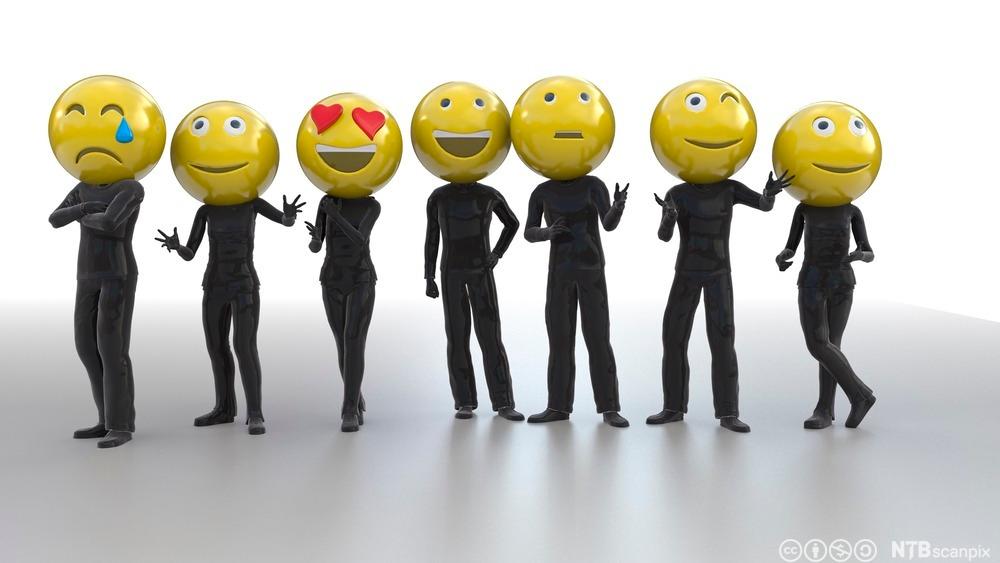Do You Know Your Emojis?

How can misunderstandings arise when people use emojis?
People who did not grow up using emojis will often find their use informal or even offensive. What should you think about when you communicate with older people to avoid causing misunderstandings?
Should teachers use emojis in their communication with students?
Some people avoid using emojis because they don't know how to use them correctly. Can people be offended if you don't use emojis?
The first emojis were invented in 1999 by the Japanese designer Shigetaka Kurita. Since then, they have become ubiquitous. In fact, many people rely on emojis to convey their meaning when writing. Anger, annoyance, irony, sadness, empathy, humour, all the different emotions and attitudes that are so easy to convey when speaking to someone in person, are difficult to convey in writing. Misunderstandings arise.
However, many people are not ‘emoji literate’, and they get it wrong. A stark example was the student who sent a laugh crying emoji to a teacher after she had to cancel class because her mother had died. Many worry that rather than clarifying their message by using emojis, they will confuse people. At the same time, they worry that if they do not soften their messages with clapping hands and smiley faces they will offend people. Can you help? Can you make an emoji survival guide?
Work with a partner and make a guide to how to use emojis correctly in text messages, social media posts, and emails.
You can either make the guide based on what you think is important to know about emojis or you can make a 'survival guide' telling people what emojis to use in the situations described here:
How would you use emojis in these situations?
Use the scenarios described as inspiration to make an 'emoji survival guide':
A friend’s grandfather has died. You wish to express your condolences.
The electric company sent you a bill for electricity that was ten times higher than the month before. You suspect there has been a mistake and you write a letter to complain.
You have been flirting with a person for a while, and you finally want to ask them out on a date.
You want to thank a co-worker for doing a good job on a project.
You want a family member to buy onions, aubergines, and bananas at the store.
You want to wish your boss a happy birthday.
You are writing to a customer in response to a letter of complaint.
You want to tell someone good luck on a job interview.
A friend has won a prestigious award, and you want to tell them you are proud of them.
A colleague took offence to an email you sent. You want to make it clear that you didn’t mean to hurt their feelings.
You want to accept an invitation to a cousin’s wedding.
A classmate made a crass and hurtful joke on one of your social media posts. You want to let them know you did not find it funny.
You are writing an email to a teacher to ask for an extension on the deadline for an in-depth study project. The teacher is 56 years old.